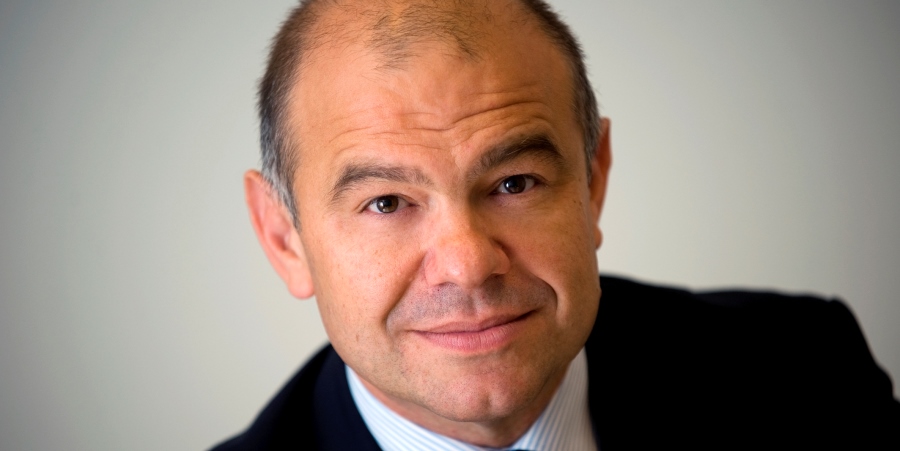Global food waste will increase by a third before 2030 according to new insight from Boston Consulting Group, with research showing more than 30% of food produced worldwide is thrown away.
Around 1.9 million tonnes are in the UK alone.
Philip Simpson, commercial director at ReFood, a food waste recycling and waste management service, explains this is not surprising, and the food waste problem is: “escalating out of control and must be actioned immediately.”
Simpson believes the entire supply chain needs to think differently, and minimising waste should be the priority.
To achieve this, Simpson believes the supply chain needs too: “revert back to the food waste hierarchy and understand the importance of reduction, redistribution and recycling.
“Primarily, we need to lower the volume of food waste we collectively generate. From tackling manufacturing processes and improving storage technologies, to helping consumers reduce their weekly food waste figures, this is achievable if we all work together.
“For remaining waste volumes, we must prioritise redistribution strategies – donating surplus to food banks and shelters – or consider using it as animal feed.”
Insight explains there will always be a small percentage of unavoidable food waste such as out-of-date produce or inedible offcuts (such as shells and bones).
ReFood uses anaerobic digestion to recycle more than 400,000 tonnes of unavoidable food waste every year, generating enough energy to power 30,000 homes in result.
Simpson concludes: “For the past five years, we have been lobbying for a UK-wide ban on all food waste to landfill. Our view is simple – reduce, redistribute or recycle… but don’t throw food away!”









